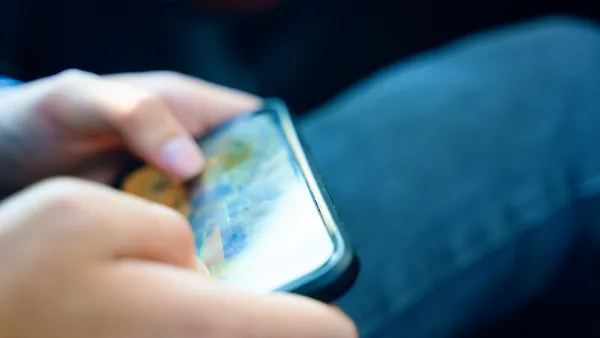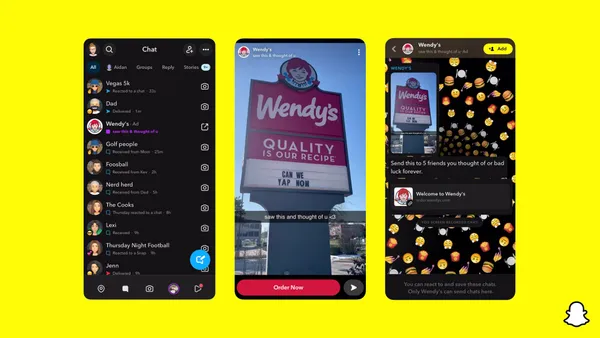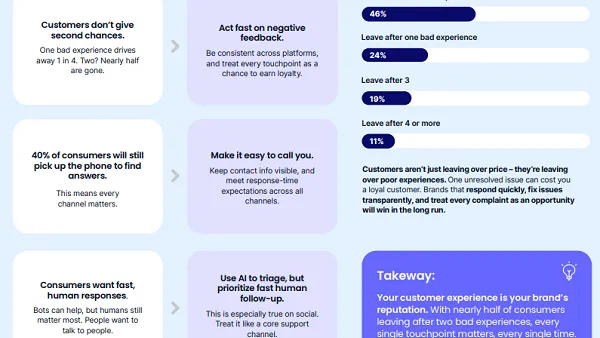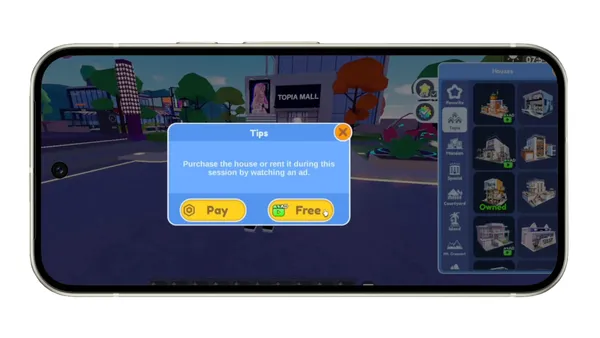Brief:
- World Wildlife Fund, the nonprofit group focused on saving endangered species, teamed with messaging app Viber to raise money to protect wild tigers. In the lead-up to Global Tiger Day on July 29, Viber created a tiger-themed sticker pack that users can share with friends in mobile messages, per an announcement shared with Mobile Marketer.
- "Clickers" embedded in each sticker point to WWF's website, where viewers can learn more about tiger endangerment. The stickers also lead to a tiger-themed chatbot that gives users a chance to receive weekly posts about tigers, test their knowledge of the species, challenge friends and win digital prizes. The chatbot also offers a way to donate money to support tiger population conservation.
- Viber, which is owned by Japanese e-commerce giant Rakuten, will match every dollar raised through its app up to $10,000 over the next three months. Global Tiger Day initially launched in 2010 to double the number of wild tigers around the world by 2022.
Insight:
The WWF's campaign on Viber seeks to raise awareness about endangered tigers by harnessing the power of a messaging platform to spread the word. As Viber users decorate their messages with tiger-themed sticker packs, they help to spread the world about the cause and possibly motivate people to submit donations. Viber is one of the most popular messaging apps worldwide, with more than 1 billion registered users in 190 countries, Forbes reported.
WWF's work with Viber comes as other non-governmental organizations (NGOs) like Greenpeace also rely on messaging apps for fundraising. Greenpeace created a chatbot to raise awareness about climate change and relies on Facebook Messenger to engage supporters and seek donations among the messaging app's global user base of 1.3 billion, per Charity Digital News.
Viber's support for WWF demonstrates the messaging app's commitment to protecting endangered species, a strategy that could resonate with younger consumers who are more likely to favor brands that support causes. As Viber seeks to distinguish its service from rivals like Messenger and WhatsAp, a cause-driven campaign may help to foster affinity toward its brand.
Generation Z tends to feel especially connected to important causes, and more than two-thirds of the age group think brands should help them achieve those goals, PSFK research revealed. Brands like Axe, Brita, Chipotle Mexican Grill, Gillette, Nike and Procter & Gamble's Secret deodorant have woven causes in their recent campaigns to win over socially conscious consumers.














